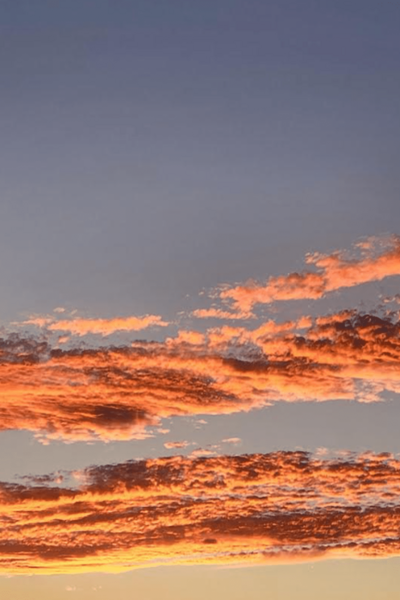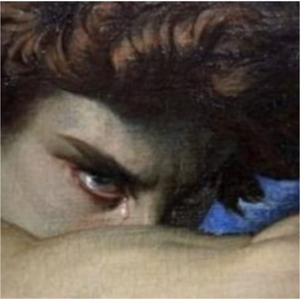And from across the river,
The child of stars sings,
“Come to us, Forgiver,
For the pious pity you bring
May lift us up, and deliver
Our souls to divinity,
For we are all but sinners,
Praying to simmer in the purgatory of your wake.”
“I was born of light, and of the air of the universe,
The purity of a space whose vastness is matched only by your mind,
And so, I pray to shed this temporal curse,
To leave behind my physicality, to travel with the lightness of time,
Because someone will remind you, great Forgiver,
That your concept of sanctity cannot exist without mine,
That Heaven is beyond space, too empty not to share, and too bold not to cover
With a golden grace, shining to the mortal as the eternal bribe.”
“But should you have created me, and I am not a nebula shadowed by
The penumbra of our Sun, should I not be the art independent of the Creator’s vision,
And should I have been born by your hands to just as fully die,
Who may argue that I will be saved by your religion?
And should my body betray my faith, should I kill, should I lie
Should I look into this river and envy the soul, the being that’s given
Would you condemn me from the after-death on which I so rely?”
Such a song set humanity to begin,
In a tale of holy longing, stronger than the tides of the Seven Seas
Of death, sacrifice, and of mortal sin,
Saved through broken “salvation,” and the softest word, “release,”
For how shall we view our own death, our own ending within,
But as the passage to greatness, and the promise of peace?
And to wonder if the Earth, when we lie still in Her arms, our souls wearing thin,
May only liberate those who have surrendered to the sweetness of belief?










Comments (0)
See all